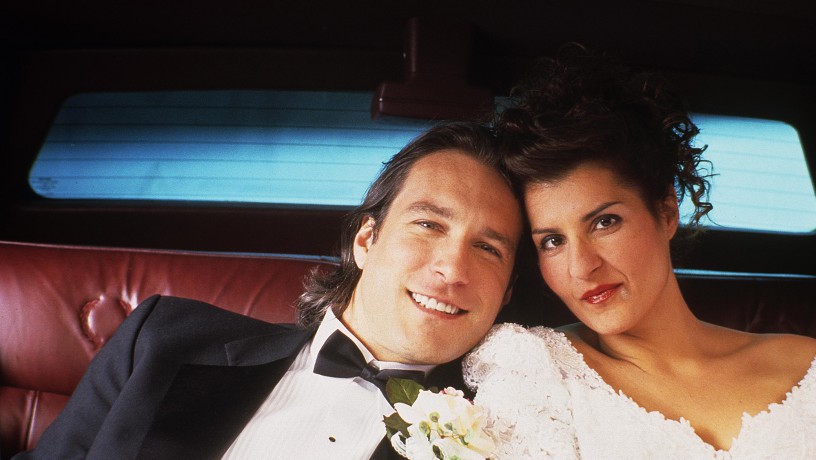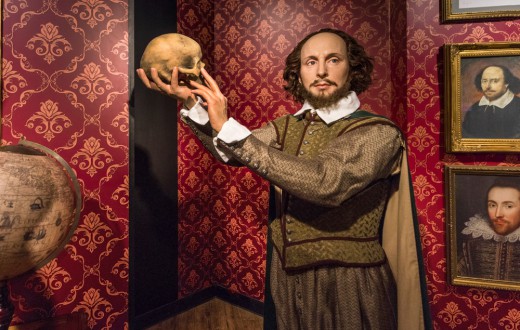The transition from acting to screenwriting is a fascinating evolution in the world of cinema that highlights a unique intersection of talents. Actors, known for their profound commitment to character studies, bring a distinctive flair to the craft of screenwriting. Their deep focus on understanding every nuance of the characters they portray equips them with a nuanced perspective that can transform a screenplay from good to unforgettable. This intricate understanding of character dynamics enables actors-turned-writers to craft scenes that resonate deeply with audiences, creating memorable moments that stand the test of time.
The Significance of Character Study in Screenwriting
Actors are trained to dive deep into the psyche of their characters, exploring their motivations, backgrounds, and emotional journeys. This immersive approach to character development is what sets actor-writers apart in the realm of screenwriting. They possess an innate ability to create characters that are not only multidimensional but also profoundly relatable, ensuring that every scene vibrates with authenticity and emotional depth.
A Unique Perspective on Characterization
When actors transition to writing, they bring a lens focused intensely on the inner world of their characters. This lens allows them to visualize scenes not just from a narrative standpoint but through the eyes of the characters themselves. Such a perspective ensures that every line of dialogue, every action, and every reaction is deeply rooted in the character’s authentic experience, making for a richer and more immersive storytelling experience.
Crafting Dialogues That Speak Volumes
Beyond developing compelling character arcs, actor-writers excel in creating dialogue that truly speaks to the audience. Having internalized and delivered countless lines, they understand the power of words and the subtleties of verbal exchange. Their expertise enables them to write dialogues that are not only true to their characters but also carry the weight of genuine human interaction, elevating the overall impact of the film.
Famous Actors Turned Scriptwriters
Several actors have successfully transitioned to writing, using their acting experience to create memorable, character-driven films.
Quentin Tarantino – “Pulp Fiction” and “Reservoir Dogs“
Although Quentin Tarantino is primarily known as a director and screenwriter, he also has acting credits to his name and trained as an actors for years. Tarantino’s deep understanding of dialogue, narrative structure, and character development is evident in his groundbreaking films like “Pulp Fiction” and “Reservoir Dogs.” While his roles in these films are more limited, his experience as an actor contributes to his ability to write dynamic, memorable characters. His characters are not only distinctive but also convey a deep sense of realism and complexity, making his films stand out in the realm of character-driven cinema. Tarantino’s work exemplifies how an understanding of acting can enrich screenwriting, creating stories that resonate with audiences on multiple levels.
Sylvester Stallone – “Rocky”
Sylvester Stallone’s journey from actor to screenwriter is iconic, with “Rocky” serving as a prime example of his prowess. Stallone not only starred in the film but also wrote the screenplay, creating one of cinema’s most enduring characters. His understanding of Rocky Balboa’s struggles, aspirations, and resilience made the character universally relatable and inspirational.
Emma Thompson – “Sense and Sensibility”
Emma Thompson is another stellar example of an actor turning to screenwriting with tremendous success. Her adaptation of Jane Austen’s “Sense and Sensibility” earned her an Academy Award for Best Adapted Screenplay. Thompson’s deep understanding of the novel’s characters, combined with her acting experience, allowed her to bring a fresh and poignant perspective to the screenplay.
Ben Affleck and Matt Damon – “Good Will Hunting”
Ben Affleck and Matt Damon co-wrote and starred in “Good Will Hunting,” a film renowned for its character-driven narrative. Their script, which won an Oscar for Best Original Screenplay, showcased their ability to create deeply nuanced and realistic characters, demonstrating how actors can bring a unique and compelling voice to screenwriting.
Ethan Hawke – “Before Sunset” and “Before Midnight”
Ethan Hawke co-wrote the sequels “Before Sunset” and “Before Midnight” alongside director Richard Linklater and co-star Julie Delpy. These films are celebrated for their rich, character-driven narratives, focusing on the evolving relationship between two people over the years. Hawke’s contributions to the scripts added depth and authenticity, showcasing his ability to craft dialogue and character development that feels genuine and impactful.
Nia Vardalos – “My Big Fat Greek Wedding”
Nia Vardalos not only starred in but also wrote the hit romantic comedy “My Big Fat Greek Wedding.” Her screenplay, based on her one-woman stage play, resonated with audiences worldwide, thanks to its heartfelt storytelling and well-rounded, relatable characters. Vardalos’s deep understanding of her characters and their cultural background contributed to the film’s authenticity and charm.
Jason Segel – “Forgetting Sarah Marshall”
Jason Segel wrote and starred in “Forgetting Sarah Marshall,” a film that combines humor with emotional depth. Segel’s script delves into the complexities of relationships, breakups, and self-discovery. His ability to infuse the screenplay with genuine emotion and relatable characters, while maintaining a comedic tone, demonstrates his skill as a writer and his understanding of character-driven storytelling.
Vincent Gallo – “Buffalo ’66”
Vincent Gallo co-wrote, directed, and starred in “Buffalo ’66,” a film that offers a unique and intimate look into its protagonist’s life and struggles. Gallo’s script is a testament to his understanding of character psychology, delivering a narrative that is both compelling and emotionally resonant. His multifaceted involvement in the film underscores his ability to create and portray complex characters.
Rashida Jones – “Celeste and Jesse Forever”
Rashida Jones co-wrote and starred in “Celeste and Jesse Forever,” a film that explores the nuances of a modern relationship and the complexities of love and friendship. Jones’s screenplay stands out for its realistic portrayal of characters and its ability to balance humor with poignant moments, illustrating her adeptness at crafting relatable, multifaceted characters.
These actors-turned-writers exemplify the potential for actors to channel their insights into character and storytelling into the craft of screenwriting, creating films that are rich in character depth and emotional resonance.
Conclusion
The transition from acting to screenwriting is not just a career shift; it’s a transfer of empathy, understanding, and insight from one art form to another. Actors who venture into writing bring a unique perspective that can elevate character-driven narratives, making them more engaging and authentic. As more actors take up the pen, we can look forward to a richer, more nuanced cinematic landscape that bridges the gap between the actor’s experience and the screenwriter’s craft.







